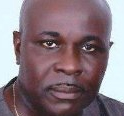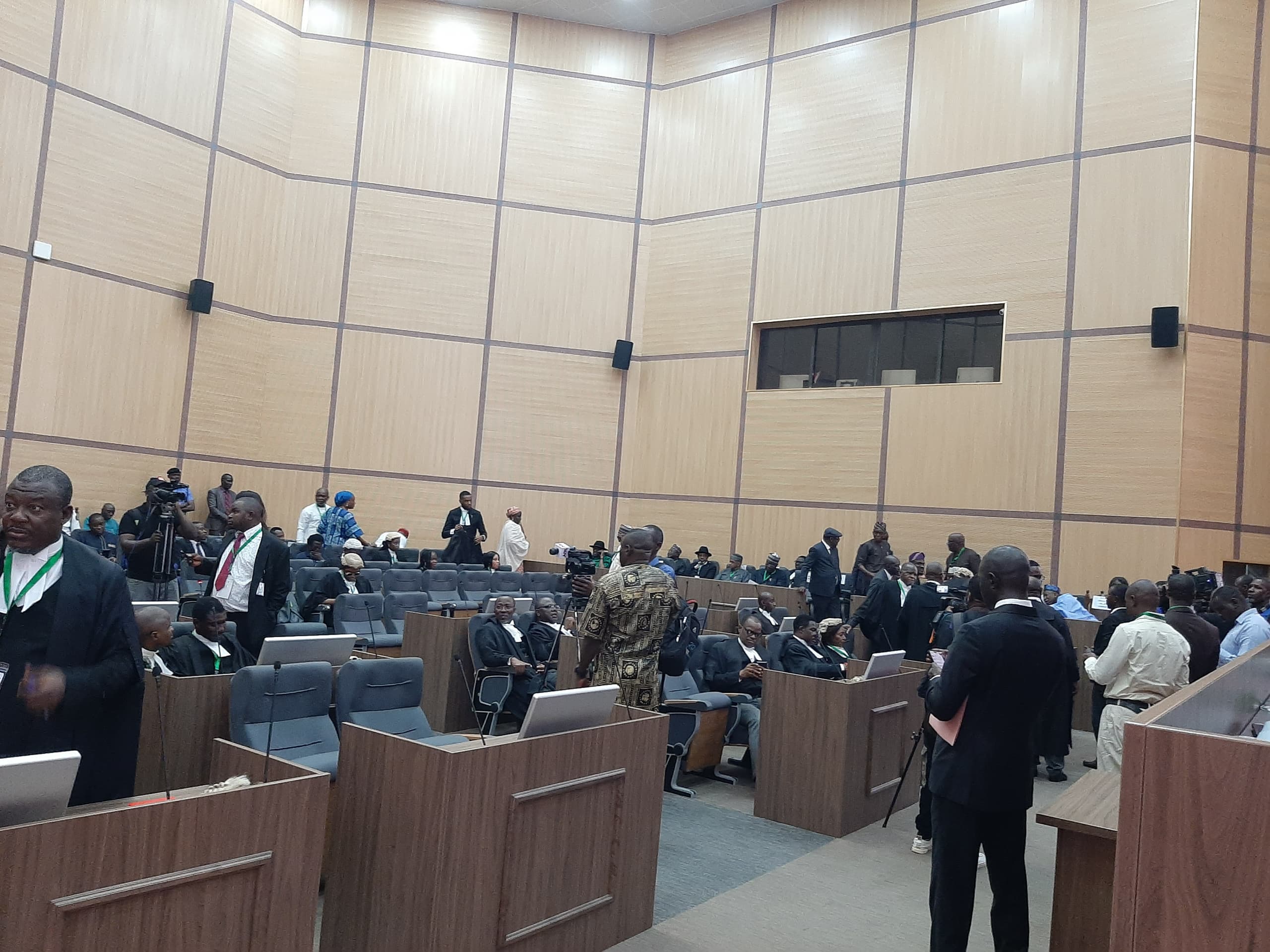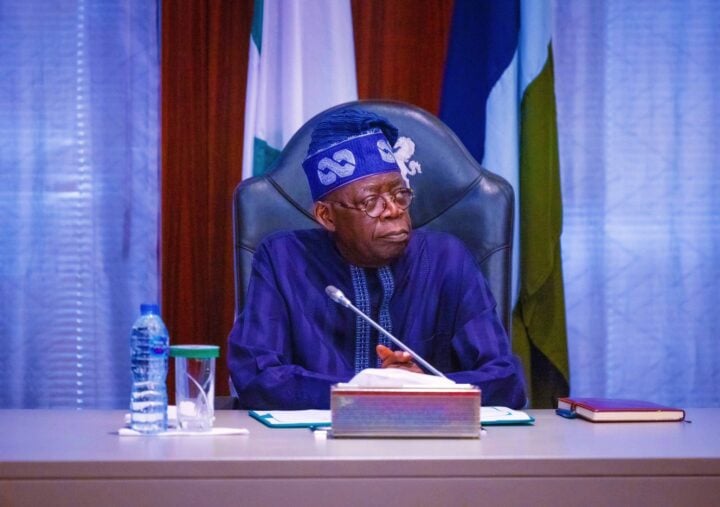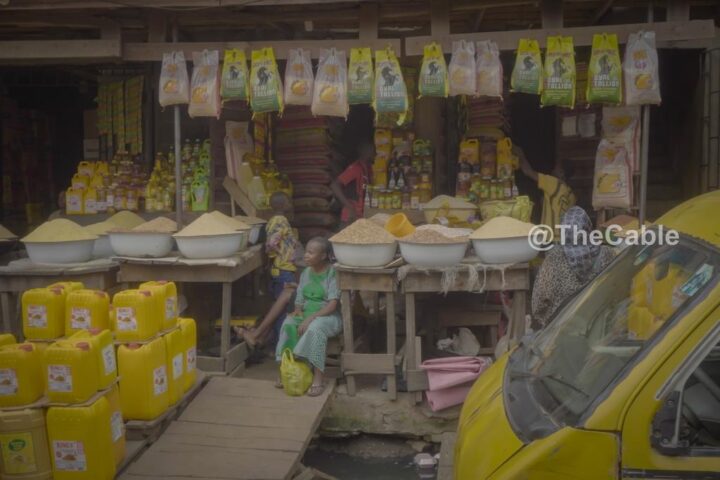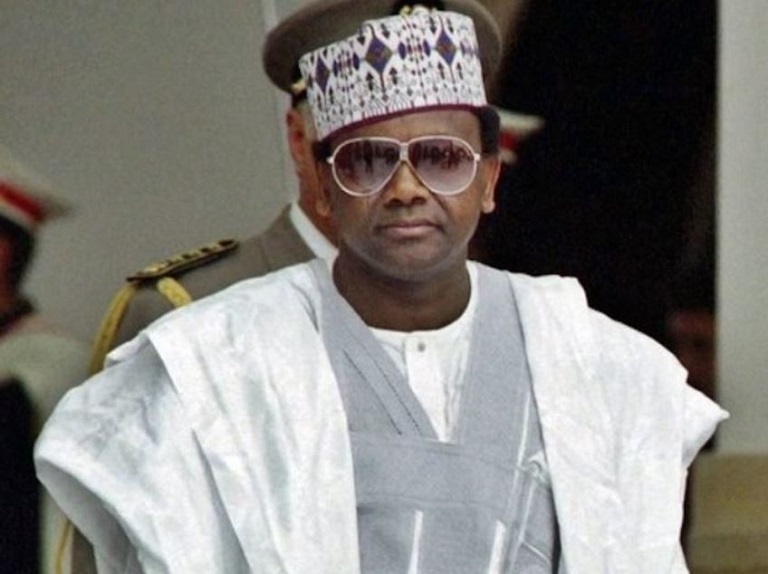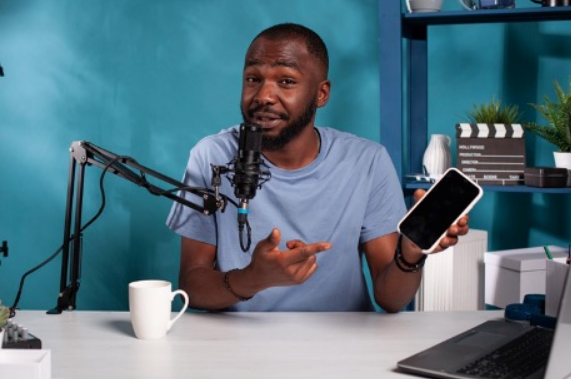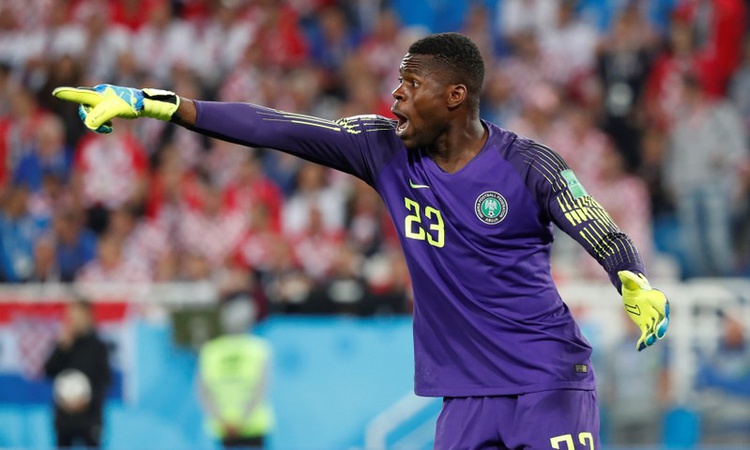The recent Supreme Court judgment which affirmed the ruling of the Presidential Election Petition Tribunal, was not unexpected. As Abimbola Adelaku, one of my favourite columnists, summed it in The Punch of 2 November 2023, “everyone – and by that I mean people who did not become Nigerians just last night”, did not expect a different outcome. “Apart from a few who love histrionics and pretended to be pleasantly surprised, I do not know of anyone who imagined that a court that could remove an incumbent president in Nigeria had been composed,” she further wrote.
As the Court of the last resort in the country, the ruling brings to a close the legal challenges to the outcome of the 25 February 2023 Presidential election. There are however lasting implications of the election, its aftermath and the ruling of the Supreme for the country. These include:
One, some overzealous supporters of the Tinubu government are already pushing the narrative that the ruling of the Supreme Court should be ‘the end of politics’ (to paraphrase Francis Fukuyama’s famous 1989 essay, ‘The End of History’, which he later published as a book in 1992). But this is only triumphalism masked under phrases such as “the time of politicking is over, it is now the time for governance” or “The President should be allowed to concentrate on governance.” The irony is that the advocates of “the end of politics” are themselves being political. They are either trying to stifle the voices of opposition or blackmail critics of the government, both of which are needed to keep the government on its toes in a democracy, for optimal performance. The self-appointed defenders of the polity would often grudgingly welcome “constructive criticisms” without telling us the metrics for determining the constructiveness of criticisms or who determines what is ‘constructive’ about any criticism. The truth is that governments want to hear only the echo of their voices or their lap dogs and are usually uncomfortable with criticisms and critics. This constitutes a potential threat to democracy and is one of the reasons why the distrust of government is very high in mature democracies. This in turn is one of the reasons for the high premium placed on freedom of speech in such democracies.
Two, contrary to what many people think, it is not only political parties that could play opposition to the government of the day. Sections of the country could do that – as we saw with the South-West during the Second Republic, the Yaradua and Jonathan years (to a less extent). The South-east was also a bastion of opposition to the Buhari presidency. Civil society and labour groups could equally play the role of an opposition party. In this sense, the fear about the possible emasculation opposition parties and groups which would imperil our democracy seems unlikely..
Advertisement
Three, it will be difficult for INEC to overcome the sort of legitimacy crisis that has engulfed the electoral umpire since the last presidential election for as long it is headed by Professor Mahmoud Yakubu. True, to be chairman of INEC has always been a poisoned chalice and losers always cry foul. However, in the last election, perceptions of incompetence and complicity in perpetrating electoral frauds were so widespread and so well documented by both local and international observers that confidence on the electoral body seems to be at an all-time low since the tenure of Professor Maurice Iwu. In climes where public officials care about honour, Professor would have since stepped aside, if not for anything, as a way of taking responsibility for the failings of the electoral umpire despite the humongous sums sunk into it.
Four, the election and the subsequent Supreme Court judgment also underline the need for more electoral reforms. First, there is an urgent need to make it mandatory that all legal disputes are concluded before the inauguration of the President because as Abimbola Adelabu aptly put it in her very compelling column, the court that will have the gravitas to remove an incumbent President from office is yet to be constituted – and may not be constituted in the nearest future. Second, it may be time to consider having a Presidential Council of six (one from each geo-political zone) where the Council members will take turns in being president for two years while others will serve as Vice President with constitutionally designated powers. This rotational presidency arrangement, currently practised in Switzerland and the European Union, will not only address fears of being marginalized by various parts of the country, it will also speak to the anarchic nature of our politics. One of the reasons for the Hobbesian nature of our politics is its winner-takes-all character: there is a pervasive fear that the group that wins the presidency will use its enormous powers to privilege its in-group and disadvantage the others. The Buhari government took this abuse of fairness to a new low (while apparently mocking the rest of us with periodic declarations that his conscience was clear on allegations that he nepotistic. The Tinubu government seems intent on continuing or even besting that legacy of nepotism, which could mean that by the time he completes his tenure, this may become ‘normalized’, and future leaders will see their tenures as the ‘turn’ of their own ethnic/religious group. By having representatives of the six geopolitical zones in the Presidential Council, and enshrining in the constitution that certain decisions or appointments must require the concurrence of all members of the Council) the fear of marginalization will be attenuated. A single term tenure of 12 years for the Presidential Council will equally give everyone a break from politics which seems to have deepened our fault lines. In any case, it will seem that an increasing number of Nigerians do not even believe that their votes count or that elections are credible vehicles for leadership recruitment. So why waste time and resources on them every four years?
Ironically, while using presidential powers to privilege a President’s in-groups and disadvantage or weaken others seen as rivals or non-supporters may be the new normal, it actually attracts resentment to the supposed benefitting ethnic group. For instance, it is thought that one of the reasons why it was easy for the rest of the country to unite against the Igbo (who formed the majority in the short-lived Biafran Republic) during the Civil War was the resentment against them arising from their perceived domination of the country during the First Republic. Similarly, Buhari’s perceived privileging of Hausa/Fulani / Kanuri Muslims during his presidency, led to an unbridled and unfair profiling of the Fulanis during his tenure, with talks of ‘Fulanisation’ morphing into an anti-government mantra. Additionally, quite often some members of the supposed benefitting in-group will be among the most vociferous critics of the act of injustice against others as we saw with Northern Muslims leading the criticisms of Buhari’s nepotism and some Yoruba intellectuals already complaining loudly that cornering the juiciest of appointments does not reflect what the ethnic group stands for.
Advertisement
Five, the election and subsequent Supreme Court judgment once more highlights the fickleness of human loyalty and the transactional character of some politicians, sycophants and influence seekers and peddlers. For instance, shortly after INEC’s declaration of Tinubu as the President-elect, some in the above named category gradually began to adjust their rhetoric to court the attention of the new man in power. One particular character who, prior to the declaration of Tinubu as President carried himself as Atiku’s alter ego, suddenly and shamelessly began to sing a new song. He sought to ingratiate himself to a man he had openly called all sorts of names including a baron by tapping into the government’s perceived proclivities including praising the Yoruba as the best ethnic group in the world while berating those he feels are on the black book of the President. We also saw a Senator decamp to the new ruling party, praising the President for his supposed “fairness to all parts of the country”. The election and the active controversies it triggered also exposed many Nigerians, from across the divides, including some who were previously regarded as national icons, as no more than closet ethnic chauvinists. The reputation of many of these people is unlikely to recover from this. In the end, the election and its aftermath marked the triumph of politics without principle, and with the Supreme Court judgment, the triumph of the philosophy of the goat follows the man with the palm fronds. or a triumph of identity politics over politics of principles.
Adibe is Professor of Political Science and International Relations at Nasarawa State University, Keffi and Extraordinary Professor of Government Studies at North Western
University, Mafikeng South Africa. He is also the founder of Adonis & Abbey Publishers (www.adonis-abbey.com) and publisher of the online newspaper, The News Chronicle (www.thenews-chronicle.com). He can be reached on 0705 807 8841(Text or WhatsApp only).
Views expressed by contributors are strictly personal and not of TheCable.
